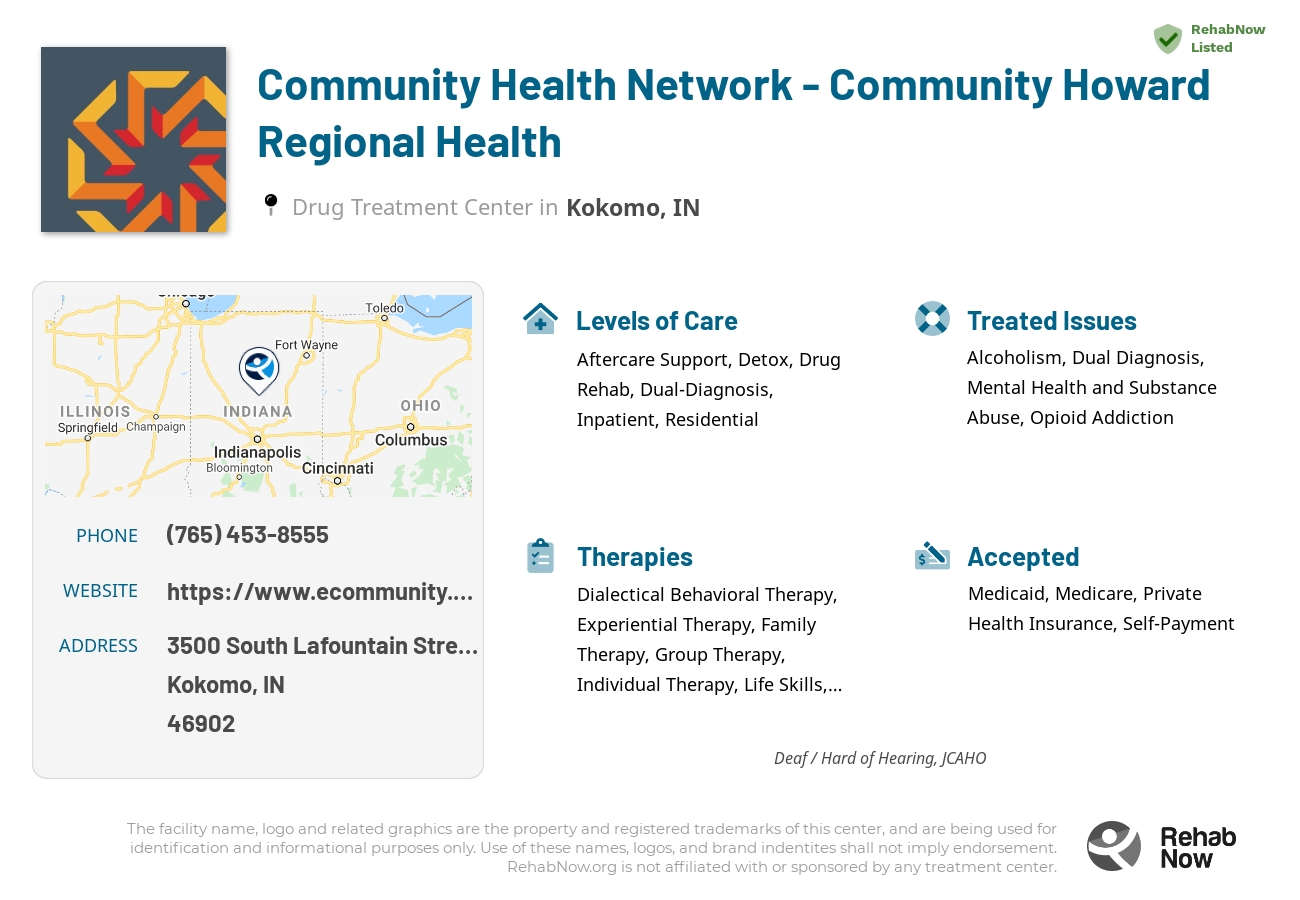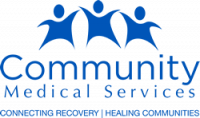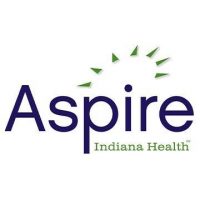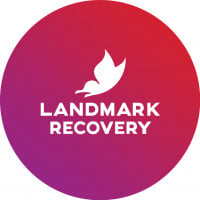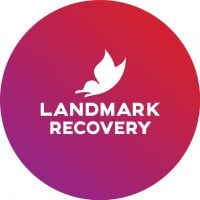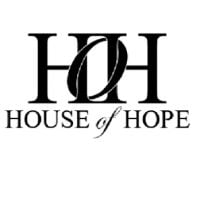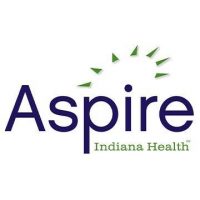Community Health Network - Community Howard Regional Health
Drug Rehab Center in Kokomo, Indiana
Community Health Network - Community Howard Regional Health in Kokomo, Indiana offers a broad range of healthcare services with a focus on addiction and substance abuse treatment, providing evidence-based treatments with individualized plans tailored to meet the specific needs of each patient.
About Community Health Network - Community Howard Regional Health in Indiana
Community Health Network - Community Howard Regional Health in Kokomo, Indiana is a hospital and healthcare network offering a broad range of healthcare services. This network provides access to primary care and specialty care, as well as a full range of outpatient, inpatient, and residential programs designed to meet the needs of the community. They are committed to helping individuals and families reach their full potential by providing excellent care and support throughout their journey.
At Community Health Network - Community Howard Regional Health, they provide a variety of evidence-based treatments for addiction and substance abuse. Their team of experienced addiction specialists offer individualized treatment plans that can range from detoxification services and medication-assisted treatment, to outpatient counseling and intensive inpatient programs. They strive to create an individualized approach to recovery, tailoring each plan to meet the specific needs of the patient. Their goal is to help individuals in their community achieve a sustained recovery and work toward living a healthier life.
Community Health Network - Community Howard Regional Health holds accreditations from the Joint Commission on Accreditation of Healthcare Organizations (JCAHO) and the American Society of Addiction Medicine (ASAM). They have also earned recognition as a Level 3.1/3.2/3.3 Medical Facility by the Indiana State Department of Health and the National Institute on Drug Abuse (NIDA). In addition, Community Howard Regional Health has also been recognized as one of the nation’s leading providers of comprehensive substance abuse treatment.
Genders
Ages
Modality
Additional
Accreditations

JCAHO
Conditions and Issues Treated
Many people who struggle with opioid addiction need to attend specific programs like methadone , Suboxone or Vivitrol clinics.
These types of programs will provide the patient with legal, prescription medications that can help them overcome their cravings for illegal opioids like heroin or fentanyl . If the patient has a chronic condition like Hepatitis C, they must undergo treatment before they can begin taking these medications.
Dual Diagnosis is a specific relationship between two or more disorders that have the same symptoms and can sometimes be treated together. This is used in the treatment planning process when dealing with drug addicts. Dual diagnosis can be viewed as a chronic medical condition that has comorbid psychiatric disorders.
Although addiction and a mental illness may have separate symptoms that are not easy to detect, they often go hand in hand. Many times, drug abuse is a direct result of the mental illness. In other words, treating the addiction will not resolve all of your issues. Unless you also treat the underlying mental illness, you will not be successful in achieving sobriety.
Levels of Care Offered
This center offers a variety of custom treatment tailored to individual recovery. Currently available are Aftercare Support, Detox, Drug Rehab, Dual-Diagnosis, Inpatient, Residential, with additional therapies available as listed below.
Detox refers to the progressive elimination from the body of toxins. The detox period depends on the form of addiction, the length of drug abuse, and the state of health. Under the supervision of medical practitioners, MAT detox based in Kokomo, IN requires the use of medications.
Inpatient treatment is an intensive program that takes place when a patient checks into a rehabilitation facility. The treatment includes detoxification and counseling sessions, which are round the clock. Outpatient treatments are also available, but inpatient care is advised as the first step of rehabilitation.
Intensive rehab ensures the patient stays in a substance-free atmosphere, improving treatment success rates. The patient participates in group therapy for motivation from other patients who have overcome addiction. Family members are also involved in providing emotional support throughout the program.
Residential treatment programs are those that offer housing and meals in addition to substance abuse treatment. Rehab facilities that offer residential treatment allow patients to focus solely on recovery, in an environment totally separate from their lives. Some rehab centers specialize in short-term residential treatment (a few days to a week or two), while others solely provide treatment on a long-term basis (several weeks to months). Some offer both, and tailor treatment to the patient’s individual requirements.
Aftercare is a term that’s used to refer to any sort of continuing care offered for a drug addict who has voluntarily entered a rehabilitation program. This type of care can be provided in several settings, including outpatient therapy sessions after the addict has completed an inpatient program. There are also 12-step support groups, such as Alcoholics Anonymous, which can provide additional help for addicts trying to stay sober.
Therapies & Programs
Individual Therapy is a critical component of addiction recovery. Therapists work with patients to identify the root of their addiction and figure out how to better handle the issues that led to them using drugs. Individual Therapy is the one-on-one session where people meet with their therapist. Individual therapy provides a safe space for people to open up and discuss personal and sensitive topics which they may not feel comfortable discussing in a group setting.
Family therapy will also help families realize that the addiction is not their fault. For many years, people blamed themselves for an addict’s behavior and felt that they had done something wrong. This is not the case. Addiction is a disease, and it can strike anyone, even if their life seems fine from the outside. It can bring a lot of shame to a family when they have an addict in their midst, but if everyone is open and honest with each other, then they can help everyone stay in recovery.
Group Therapy is utilized by drug treatment centers like Community Health Network - Community Howard Regional Health to provide the recovering drug addict with a platform to talk about their feelings and experiences. It also provides for an opportunity to learn from other addicts who have successfully overcome their addiction.
Group Therapy is employed in lectures, seminars, or discussion groups (the latter two are typically conducted as “therapy groups”). It is recommended that all group members be recovering addicts for this type of therapy to work (though it does not exclude others with lived experience).
Trauma therapy is a clinical process that helps individuals deal with mental stress often caused by traumatic events. It is generally done for children, teenage victims of sexual assault, and war veterans. The therapist helps the person identify, understand and work through the problem. This is done with the help of talking about it in group or one-on-one counseling sessions. Therapists use relaxation, role-playing, art, and music to help the person open up about what is bothering them.
Dialectical Behavior Therapy (DBT) is used by drug treatment centers across the United States to help drug addicts become sober. DBT combines traditional behavioral treatments with elements from DBT, including dialectics, distress tolerance, and interlocking issues. It is commonly used to treat Borderline Personality Disorder (BPD) along with substance abuse disorders. The four DBT modules are mindfulness, interpersonal effectiveness, emotion regulation, and distress tolerance.
Cognitive behavioral therapy is also a popular service for individuals living with addiction. This type of supportive treatment uses both one-on-one counseling and group sessions to teach addicts how to identify thoughts, behaviors and emotions that might increase their risk of relapse.
These professionals can help addicts develop coping skills for managing stress, improving self-esteem and overcoming triggers. They might also use behavioral therapy to help addicts learn how to avoid cravings and warning signs that could lead them back into addiction.
Therapy can be used as a step-down from inpatient treatment or as the primary method of overcoming an addiction. No matter which option is best for the addict, they will teach important emotional coping techniques, which can make it easier for addicts to get through the tough days.
Training in improved life skills helps those recovering from addiction feel more capable of self-care. Community Health Network - Community Howard Regional Health are daily skills that give the person the tools they need to survive.
The therapy covers practical activities like cooking, job hunting, social interaction, and money management, helping to fill in the knowledge gaps caused by addiction.
These life skills help the person self-manage their recovery and stay on track. It also reduces relapse risk as they gain confidence in their day-to-day abilities.
Patient Experience
Experiential Therapy at Community Health Network - Community Howard Regional Health
Experiential therapy is another form of treatment that helps addicts overcome their addiction. This type of service typically involves hands-on activities with the focus on physical experiences instead of emotions or beliefs.
Some examples include art therapy, equine therapy and music therapy. Each of these forms of experiential therapy can provide unique ways for addicts to channel their feelings and work through their demons. This type of therapy also allows addicts to develop meaningful emotional connections with others, which can prevent them from resorting to relapse as a coping mechanism.
Payment Options Accepted
For specific insurance or payment methods please contact us.
Is your insurance accepted?
Ask an expert, call (888) 674-0062
Community Health Network Associated Centers
Discover treatment facilities under the same provider.
- Community Health Network - Behavioral Health Services in Indianapolis, IN
- Fairbanks Hospital - Indianapolis in Indianapolis, IN
- Community Howard Behavioral Health Services in Kokomo, IN
- Community Hospitals - Crestview Center in Anderson, IN
- Gallahue Mental Health Services in Greenfield, IN
Learn More About Community Health Network Centers
Additional Details
Specifics, location, and helpful extra information.
Kokomo, Indiana 46902 Phone Number(765) 453-8555 Meta DetailsUpdated November 25, 2023
Staff Verified
Community Health Network - Community Howard Regional Health Patient Reviews
There are no reviews yet. Be the first one to write one.
Kokomo, Indiana Addiction Information
The state of Indiana ranks 14th in the nation for drug abuse, but 17th for drug overdoses. The state has many high-quality rehabilitation centers, but reports show that there are about 20 deaths per 100,000 people. This is due to its location making it a drug trafficking haven, where many drugs are further distributed into the country.
The problem of drug addiction is quite severe in Kokomo, Indiana. According to statistics, there were over 1,000 reported drug abuse cases in the city in 2016. This amounted to 9.8 cases per 1,000 residents. Additionally, drug addiction and abuse cost the community millions of dollars in lost productivity. There are many drug and alcohol treatment centers in the area and support groups and other resources to help you stay sober.
Treatment in Nearby Cities
- Martinsville, IN (72.3 mi.)
- New Castle, IN (53.7 mi.)
- Portland, IN (60.5 mi.)
- Valparaiso, IN (86.2 mi.)
- Elwood, IN (19.0 mi.)
Centers near Community Health Network - Community Howard Regional Health
The facility name, logo and brand are the property and registered trademarks of Community Health Network - Community Howard Regional Health, and are being used for identification and informational purposes only. Use of these names, logos and brands shall not imply endorsement. RehabNow.org is not affiliated with or sponsored by Community Health Network - Community Howard Regional Health.



